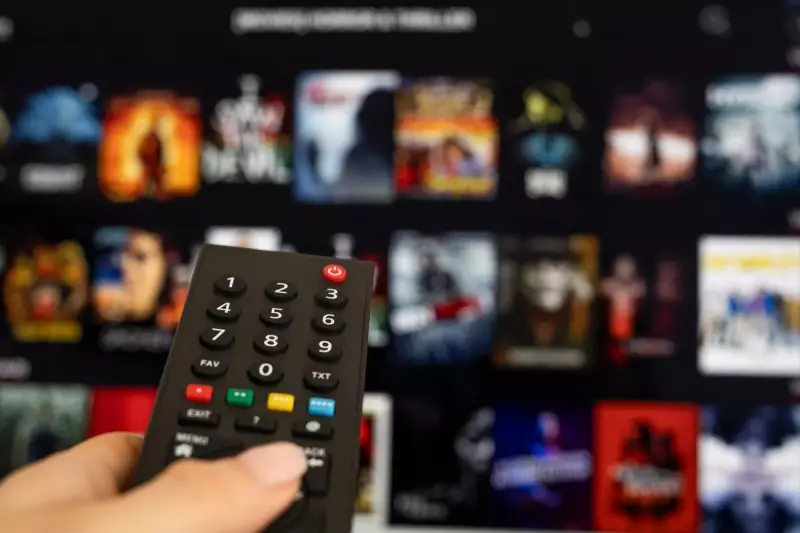
In a landmark shift for British media consumption, YouTube has officially overtaken the BBC and ITV as the most-watched video platform in the UK, according to a new report by Ofcom.
The media regulator revealed that the Google-owned platform now commands a larger share of viewing time than any traditional broadcaster, marking a seismic change in how Britons engage with content.
The Numbers Behind the Shift
Ofcom's findings show that YouTube accounts for a staggering portion of total viewing time among UK audiences. While exact figures weren't disclosed, the platform's dominance is particularly pronounced among younger demographics, where it has become the go-to destination for entertainment, news, and educational content.
This development comes as traditional broadcasters face increasing pressure to adapt to changing viewer habits and compete with digital-first platforms.
Why YouTube is Winning
Several factors contribute to YouTube's ascendancy:
- Personalised content: The platform's algorithm delivers tailored recommendations that keep viewers engaged
- Creator economy: A thriving ecosystem of independent content producers offers diverse programming
- On-demand access: 24/7 availability aligns perfectly with modern viewing habits
- Short-form video: The rise of YouTube Shorts has captured mobile-first audiences
Implications for Traditional Broadcasters
The BBC and ITV now face their greatest challenge yet as they attempt to maintain relevance in an increasingly digital landscape. Both broadcasters have launched their own streaming services (BBC iPlayer and ITVX respectively), but YouTube's sheer scale and global reach present formidable competition.
Media analysts suggest this trend will accelerate as younger viewers, raised on digital platforms, become the dominant audience demographic.
Regulatory Considerations
Ofcom's report raises important questions about media regulation in the digital age. While traditional broadcasters face strict content and advertising rules, platforms like YouTube operate under different standards, creating what some describe as an uneven playing field.
The findings may prompt calls for updated media regulations that better reflect today's fragmented viewing landscape.





